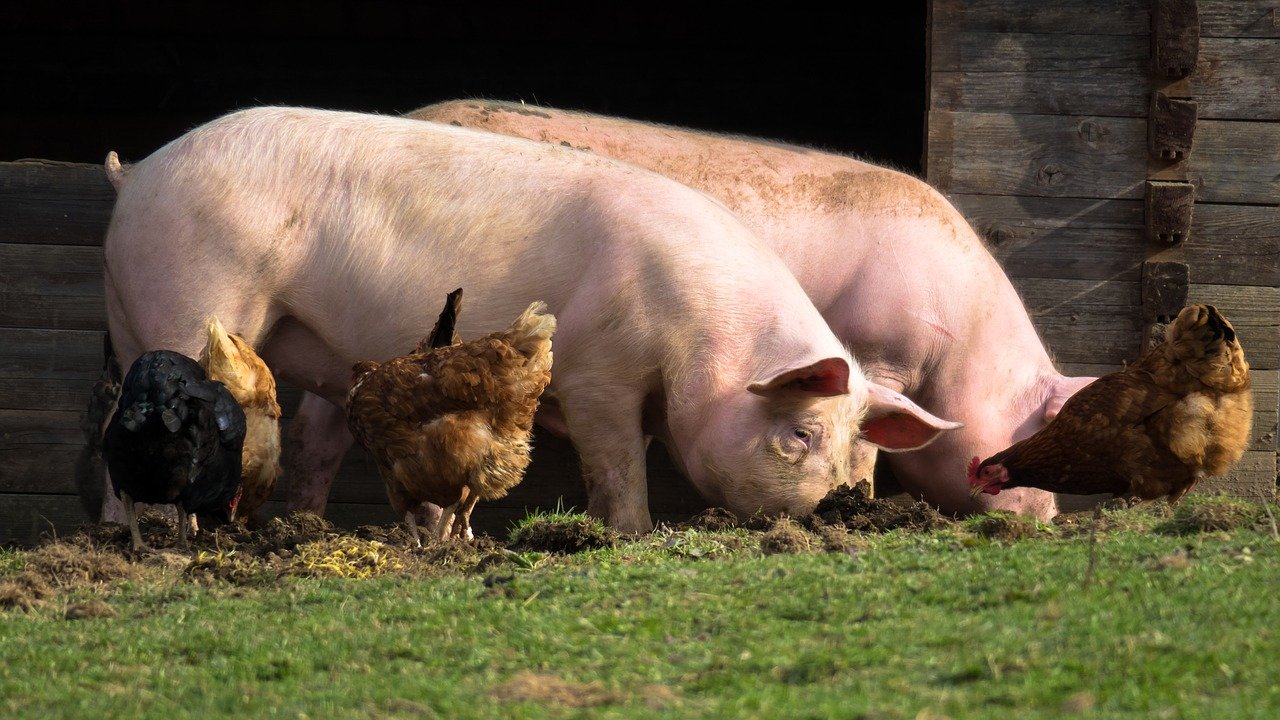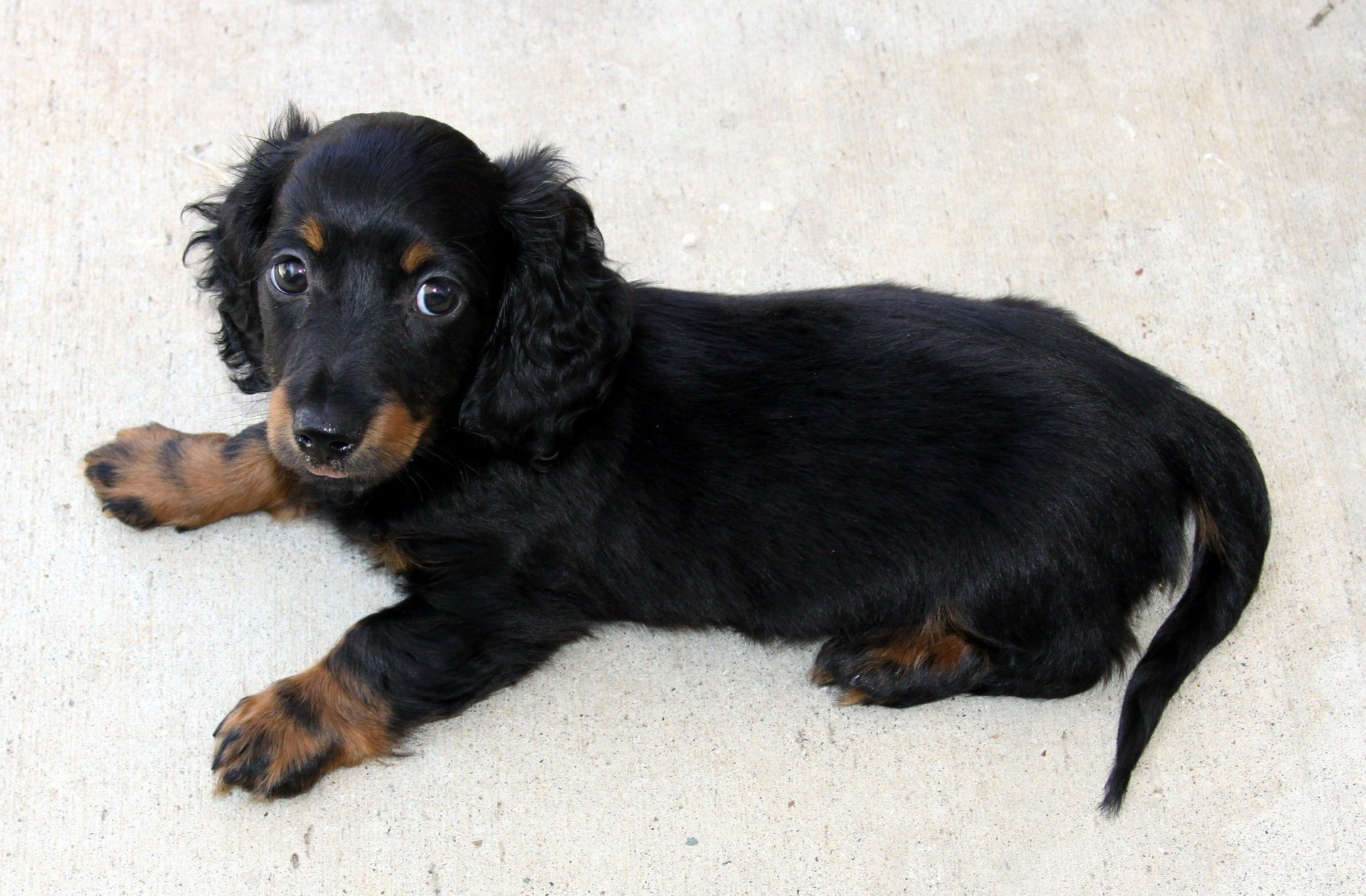Dahlias Safety for Pets
If you own pets such as dogs or cats, you would have to consider them in your interior and exterior decor, especially if you love to have plants around you.
Dahlia plants are cultivated for their flowers and leaves to add beauty to homes. It can also be cultivated for consumption. Dahlias pinnata tubers are edible and safe for humans.
However, according to ASPCA, Dahlias leaves, flowers, and tubers are not safe for cats and dogs.
Are Dahlias Safe for Cats and Dogs?
While Dahlia is not the most toxic plant to both cats and dogs, consumption of any of its parts like leaves, flowers, and roots can cause gastrointestinal problems.
Dahlia plants contain phototoxic polyacetylene and other components that can cause stomach upset in pets when ingested or skin irritation when they come in contact with the plants.
The effects of dahlia toxicity are particularly evident in felines, with notable symptoms indicating the presence of poisoning.
What happens if a cat or dog eats Dahlias?
First, that humans can eat black dahlias or other varieties does not mean it’s okay for pets.
Cats or dogs that ingest or come into contact with dahlias may display signs such as skin inflammation, incessant scratching, pawing, oily skin, fur loss, and mild digestive disturbances, often characterized by frequent and loose bowel movements.
For dogs, pups are more vulnerable as adult dogs are not naturally attracted to the scent of dahlias, which lessens the likelihood of accidental exposure.
Also, adult dogs can eat dahlias without noticeable symptoms, however, dahlias are not pet-safe, and both your furry and canine friends should be prevented from getting close to this plant.
Are Dahlias leaves, flowers, and roots poisonous to cats and dogs?
As I’ve said, both dahlias’ petals, complete flowers, leaves, and roots are poisonous to pets
The severity of the poisoning hinges on the extent of contact with the plant or consumption.
Given cats’ inherent curiosity, they might be more drawn to dahlias than dogs due to their enticing appearance or the presence of insects around the blooms.
The plant is considered dangerous to dogs, cats, and other small pets.
What to do if your dog or cat eats Dahlias?
You should consult your vet doctor immediately if you notice some of the symptoms mentioned above.
There is direct homemade antidote for dahlia poisoning in both dogs and cats but your pet doctor can offer supportive care to manage the symptoms and promote recovery.
He can start fluid therapy to increase the hydration level, dilute the poison, and help the animal to expel it.
To prevent accidental poisoning, you should avoid cultivating plants that are toxic to your pets.
If you have to plant dahlias or other toxic plants, you should plant them in areas your pets can not reach or use protective barriers.
Prevention of dahlia poisoning is the most effective approach to safeguarding cats and dogs.
Conclusion
Dahlia plant parts contain toxins that can be dangerous to cats and dogs. While it’s harmful, it’s not that dangerous.
In most cases, it leads to mild symptoms that subside within a day without any intervention or medical care.
In rare cases where more severe symptoms manifest, you can call your veterinary doctor for immediate help.








